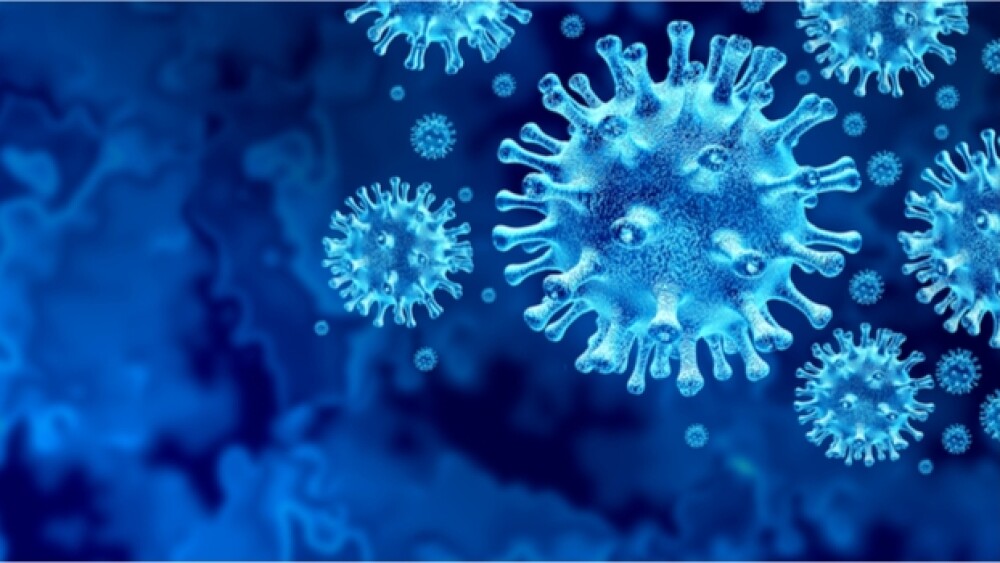Vaccines are on the cusp of being authorized for use against COVID-19, but there is still a significant need for other therapeutics that will help patients who contract the virus fight off the devastating effects of the disease.
Vaccines are on the cusp of being authorized for use against COVID-19, but there is still a significant need for other therapeutics that will help patients who contract the virus fight off the devastating effects of the disease.
The U.S. Food and Drug Administration (FDA) has already approved or authorized treatment options such as remdesivir, convalescent plasma and antibody treatments developed by Eli Lilly and Abcellera, as well as one developed by Regeneron. Other therapeutics remain under development, including Menlo Park, Calif.-based CohBar’s apelin agonist peptides under development for the treatment of acute respiratory distress syndrome (ARDS). Although still in preclinical development, CohBar expects the apelin agonists to have potential to treat COVID-19 associated ARDS as well as ARDS patients in general.
Preclinical data showed treatment with CB5064 Analogs reduced fluid accumulation in the lungs of mice. Additionally, treatment also showed a broad reduction of key pro-inflammatory cytokines secreted into the lung fluid.
“These new positive preclinical results confirm previous data showing CB5064 Analogs reduce fluid accumulation and pro-inflammatory cytokine secretion, key processes underlying the lethal consequences of severe ARDS and COVID-19 associated ARDS,” Kenneth C. Cundy, CohBar’s chief scientific officer said in a statement. “By engaging the apelin pathway, CohBar’s novel approach has the potential to treat ARDS and COVID-19 associated ARDS, while also reducing the global damage caused by a cytokine storm that reaches beyond the lungs to other organs such as the kidneys, liver, and heart. We plan to complete additional ongoing studies and submit the combined data for presentation at a future scientific meeting.”
Cohbar isn’t the only company with positive news to report. Sorrento Therapeutics received clearance from the FDA to initiate Phase I trials for intravenous STI-2020 (COVI-AMG) as a treatment for COVID-19 cases. The trials will evaluate the safety, pharmacokinetics and efficacy of a single injection of STI-2020 in healthy volunteers and outpatient COVID-19 patients with mild symptoms.
“Since COVI-AMG comes in a small volume IV-push formulation, made possible by the high potency of this unique antibody, we expect trials to enroll very quickly. This combination potentially makes STI-2020 an ideal candidate for the early treatment of SARS-CoV-2 infection in an outpatient setting,” Sorento Chief Medical Officer Mike Royal said in a statement.
In May, Sorrento announced that its antibody treatment STI-2020 demonstrated a complete neutralizing effect at a very low dose in preclinical studies and high potency that may potentially enable rapid deployment and availability to patients. That announcement caused controversy after the company’s stock soared nearly 200% and sparked a “pump and dump” outcry, meaning a small company announces a bit of good news to temporarily boost its stock price before quietly releasing more somber data. The accusations forced Sorrento Chief Executive Officer Henry Ji to play defense and stress that the company is focused on the science and developing a legitimate treatment for COVID-19 rather than just manipulating stock prices.
One day ahead of the FDA’s advisory panel meeting for Pfizer and BioNTech’s mRNA vaccine, the companies announced Canada’s health authority granted temporary authorization for BNT162b2. Health Canada’s decision is based on data that was filed through the rolling submission regulatory pathway, and includes data from the Phase II/III clinical trial that showed the vaccine provided a 95% efficacy against COVID-19. Pfizer Canada and BioNTech will supply the Government of Canada a minimum of 20 million doses and up to 76 million doses of the vaccine through 2021.
Canada’s authorization follows authorization in United Kingdom last week. Patients in the U.K. have already begun to receive the first round of the two-dose regimen. Bahrain also approved use of Pfizer and BioNTech’s vaccine.





